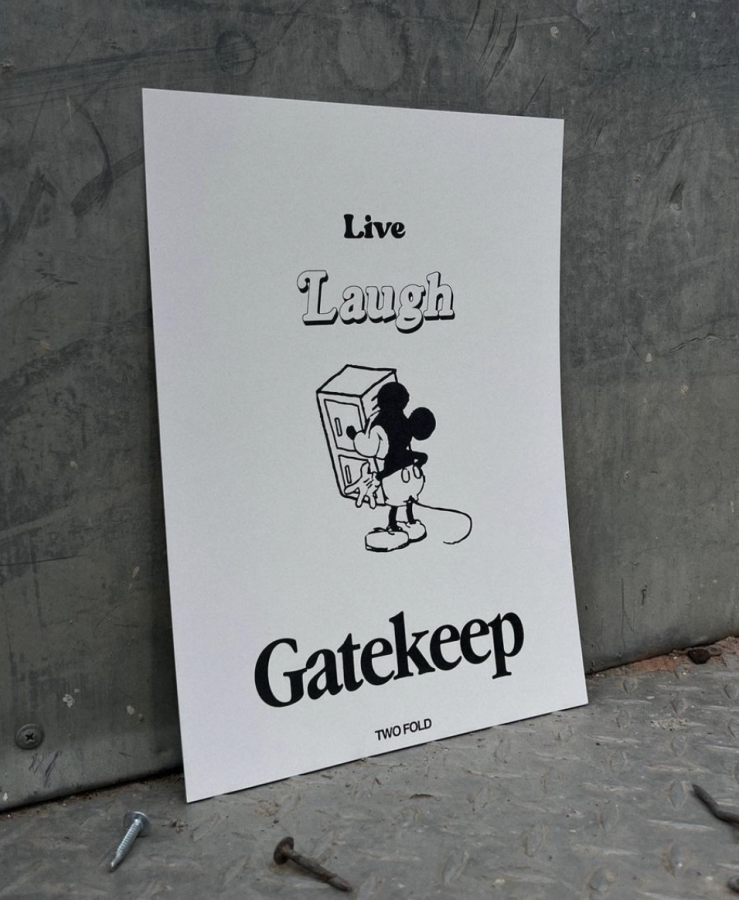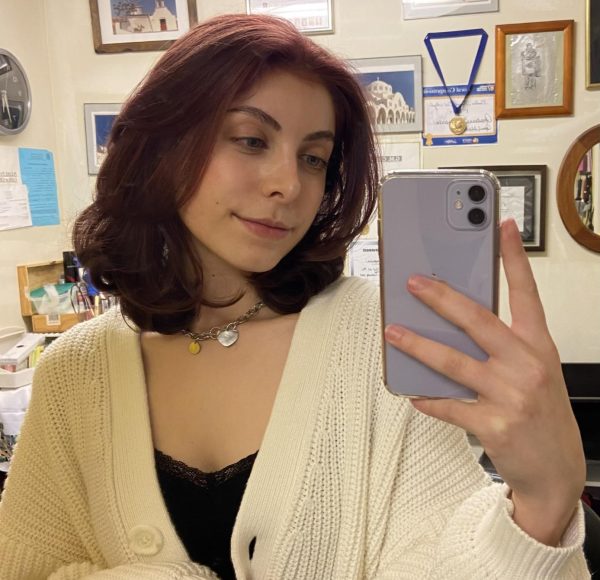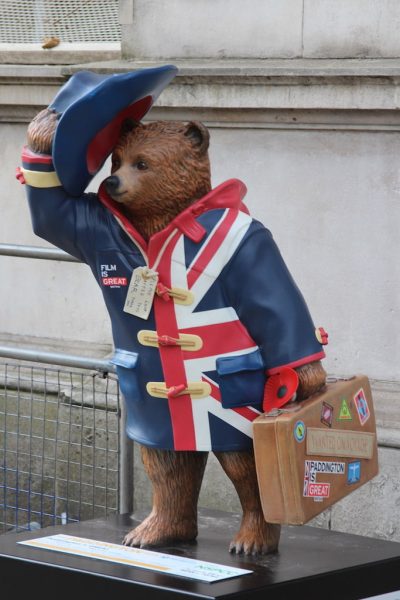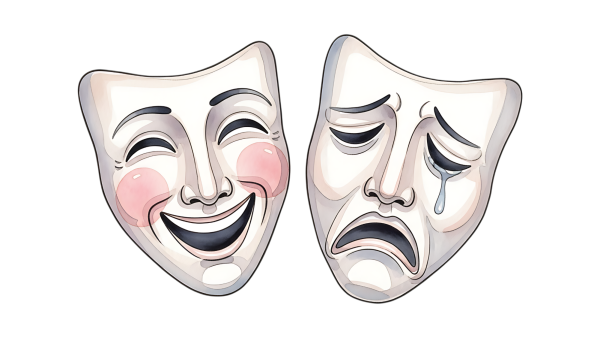The art of gatekeeping
October 1, 2022
No piece of art, television, film or music is truly unknown anymore. With advances in technology and social media, especially TikTok, it has become virtually impossible to find any piece of media or any product that hasn’t been oversaturated and transformed into a trend. Some argue it’s a positive thing that multitudes of products and media sources are being exposed to us daily, whereas others wish to keep their interests private from the general public.
The term ‘gatekeeping’ has been floating around the internet for over a decade, although within the last few years it has become flooded in any person’s comment section. Whether a person is discussing a movie, tv show, or simply showing their outfit, there are bound to be multiple comments under the post asking the original poster to ‘stop gatekeeping’ and provide as much information about the product as possible. Some people find that gatekeeping isn’t really an issue anymore, because anyone can do a simple internet search to find what they’re looking for. Albeit, others go out of their way not to provide the necessary information needed about the product in hopes of keeping it from gaining any popularity and potentially losing its uniqueness.
Gatekeeping tends to occur the most often with clothing items, skincare and beauty products. There are an abundant number of makeup artists and skincare gurus on TikTok who post in-depth tutorials of their daily routines along with a full list of each product they use and where to obtain it from. On the other hand, there are also those who deliberately refrain from naming the product they use and purposefully ignore the comments asking for it, most likely in hopes that the product does not sell out or increase in price. Considering that every product that trends on TikTok sells out immediately, perhaps it’s fair for the people who actually consistently use the product not to want it to be out of stock due to an internet trend.
Adriana Capri, a sophomore at the University, explained her distaste for gatekeeping, “I don’t like gatekeeping. If I’m good friends with somebody, I wouldn’t gatekeep something that’s helping me with my life. Why would you keep a secret, when you could help somebody?”
Although it is important to note, TikTok consumers can be considered quite lazy. When the audience sees a creator using a pink blush, wearing a blue cardigan, or wearing a pair of Converse shoes, it really is not that difficult to plug a few keywords into a search engine and find it yourself. This also brings in the concept of the individuality and copycat syndrome. Consumers online aren’t interested in finding and creating their own personalities. Instead, they seek to copy other people online down to the very fine minute details in hopes of creating the “perfect look.” But it’s not their own look, it’s not their own style and it’s not their own creation. It’s an amalgamation of everything the consumer is trying to capture in hopes of relaying a message to the people around them of what they want to be perceived as.
This may also contribute to the reason why the majority of people online do believe that gatekeeping is a common occurrence. Users online spend an incredible amount of time curating the perfect persona and look they obtained from other people, and because it’s not really theirs, they do not want to share it for fear of not being seen as creative or original. Yet because of how similar everyone is, it’s easy to believe that no one is creative at all anymore. Everything is watered down and passed to the next person online until the trend is over, and another cycle of gatekeeping begins.













